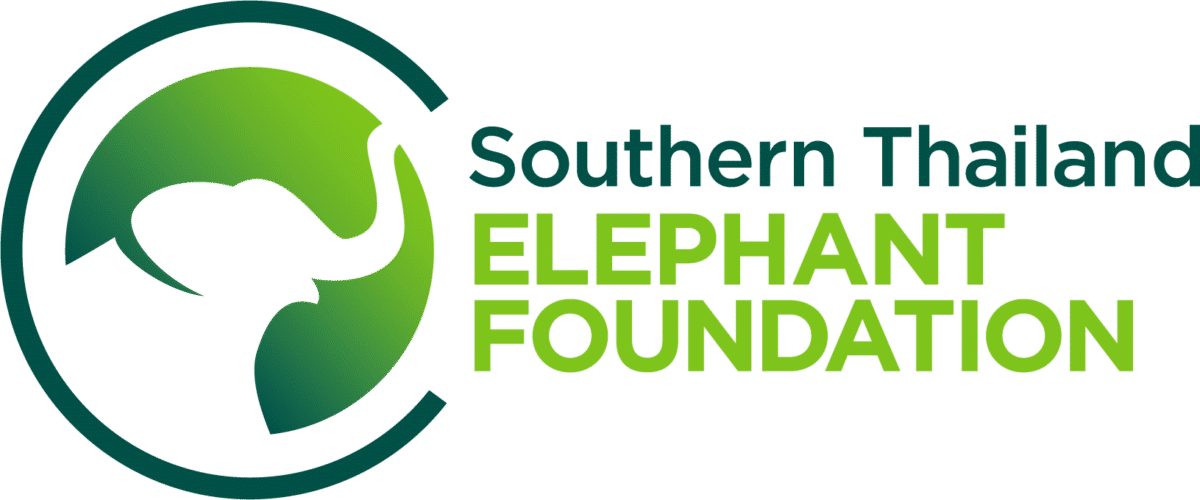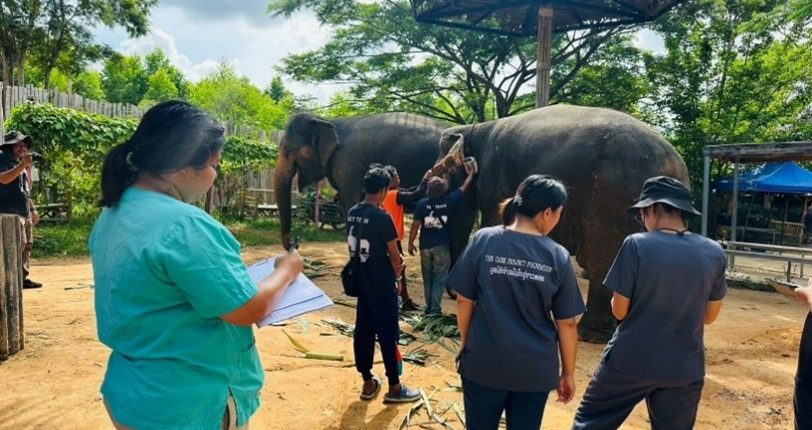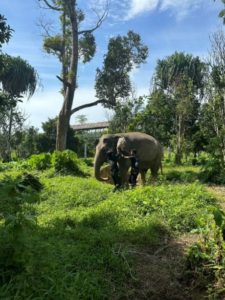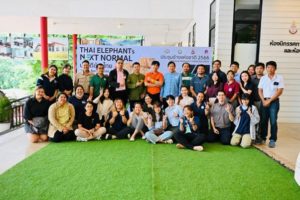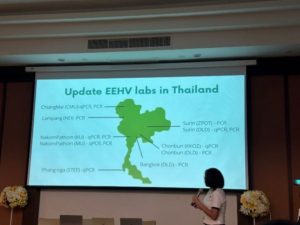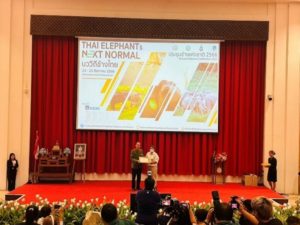Why are Annual Health Checks so Important?
Staff at the STEF Veterinary Centre recently joined forces with the National Elephant Institute, the Centre of Elephant and Wildlife Health and the Care Project Foundation to carry out the annual health checks on the domesticated elephants in Phuket, Krabi, Phang Nga and 11 other provinces in Southern Thailand.
These health checks not only provided a good snapshot of the current state of health of the local elephant population – currently standing at 755 elephants – but also showed that there has been a significant increase in the numbers of elephants returning to the South of Thailand since the end of the Covid pandemic and the return of tourists in the region. However, pre-pandemic, the number of elephants in the south stood at 1,361, so there is a long way to go before the elephant populations returns to it original level.
The impact of STEF’s work in providing veterinary care – free of charge – to the elephants in this region is clear from the number of mahouts now reporting injuries, illnesses, gadfly infestations and other problems to Dr Aon at the STEF veterinary centre, enabling her to deal with cases before they become more serious.
STEF’s impact is not limited entirely to veterinary care. Our team also participates in the bigger picture for elephant care in Thailand. Recently they attended the annual National Elephant Conference in Lampang, which provided the opportunity for all sectors related to elephants (including the Forest Industry Organisation) to meet and exchange information and knowledge. Among the subjects covered were: an update on EEHV (Elephant Endotheliotropic Herpesvirus ), a national strategy plan for elephants, processes to obtain good practice and standards in elephant camps, and there was also an initiative to enhance the Mahout profession by introducing a professional qualification and improving the quality of Mahouts’ lives. A happy and knowledgeable carer will result in a happy elephant.
